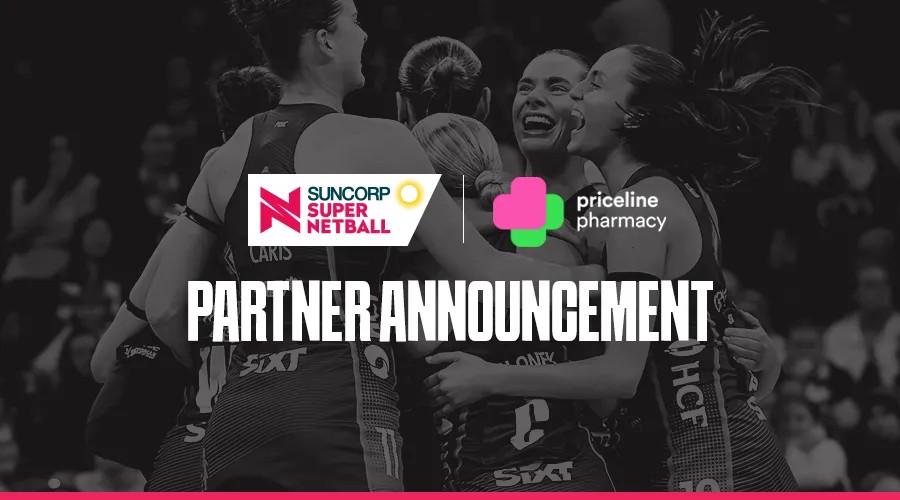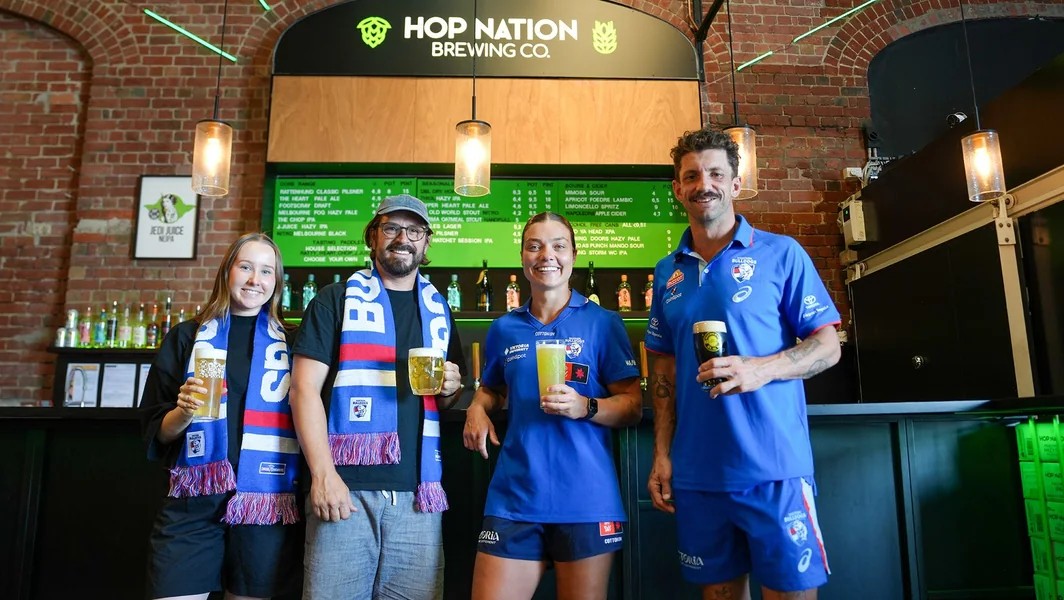In an exclusive interview with Ministry of Sport, the head of the WNBL, Christy Collier-Hill, who recently began in the position following her role at the Melbourne Boomers as general manager, discussed her goals and strategy for growing the competition in Australia.
Since beginning her new role, Collier-Hill said her major focus has been on the operational challenges caused by the COVID-19 pandemic, with the 2021/22 WNBL season facing constant disruptions and scheduling trouble.
“I am in week three of my role as head of the WNBL, which is not a very long time, and I would say from the first moment I’ve started it’s been in issues management mode,” Collier-Hill told Ministry of Sport.
“The WNBL kicked off in November last year and like all codes around the country has been really impacted by COVID.
“We’ve had a lot of athletes, coaches, support staff and administrators really unwell, which has happened to everyone all over the place and is the primary concern.
“The flipside of that is lots and lots of games having to be postponed, cancelled and so on.
“That all happened in the first chunk of the season, and we’ve had issues with the Western Australian borders, with the Perth Lynx unable to join the season until January and their intent was to come over, stay in regional Victoria for four weeks and play as many games as they could to catch up with the rest of the teams and then travel back to Perth.
“But then, the Western Australia border closed, so we’ve been working through that with them.
“All of that has resulted in some real challenges with the league, in terms of being able to deliver it, there were games cancelled hours before the game when people were testing positive prior to games in line with the WNBL protocols.
“It has been very challenging to try deliver the league and we’ve got to the point now where we’ve had to reduce the number of games in the season as it needs to finish by a certain time around April for a number of reasons.
“Each team will be playing 18 games now instead of 21 and all clubs have agreed to that.
“That’s meant, in the last couple of weeks, we’ve played while the Opals are over in Serbia at the FIBA World Cup qualifying tournament, although they’ve already qualified.
“The reason we’re playing through that period and the reason we’ve committed to 18 games is due to club financial sustainability and viability.
“We’re not at dire straits by any stretch of the imagination, but the reality is last year was played in a hub and other than Townsville, no teams got to play at home and this season has been so interrupted there’s been impacts on the clubs.
“The commercial and wider business part of the club is very important, if that’s not there the club isn’t able to continue.
“No one is in dire straits where they may no longer exist, but there are genuine conversations where we’ve determined we need at least 18 games, we need nine home games, and we need to have those home games in front of our corporates, our members, and our fans and to engage with our community and bring the WNBL back in front of people.
“There are lots of challenges and everyone is doing the absolute best they can,” she said.
When asked about the challenges and benefits of leading the WNBL coming straight from a role at one of its clubs, Collier-Hill said: “There’s no doubt it comes with some plusses and minuses.”
“I was with the Boomers for nearly three years, and it was an amazing experience, I loved my time at the club, it’s a brilliant club and they really do lead the way in terms of business model, management and growth.
“They do a great job in that space, having got all of that under my belt, I have all that knowledge I can bring into the WNBL.
“One of the things that has been a nice part of it and having started in the role three weeks ago, is I already have existing relationships with most of the stakeholders, so the ability for me to come in with a lot of issues management to be able to pick up the phone has been a god send.
“I think if someone else had come into the role who didn’t have those existing relationships, they take a long time to build, I’ve worked with these people for nearly three years, so that’s been an enormous help.
“I have, with my discussions with club general managers, a real understanding of where they’re coming from, I understand their concerns, I understand their frustrations, I understand their challenges.
“I can have conversations with them and empathise with them on that.
“The WNBL as a collective to grow needs stronger relationships across the board with all of its stakeholders and I hope that’s something I’m able to bring into the role because of where I was before, and I hope that can really make a difference and I’m sure it will in the long term,” she said.
Revealing her plans for the future growth and success of Australia’s leading women’s basketball competition, Collier-Hill said the focus on broadcast and commercial partnerships is critical.
“My vision is that the WNBL is the best women’s pro league in the country, and when I say best what I mean is we have the best broadcast deal, we are getting the most media coverage, we have increasing and high levels of membership and fan engagement, we’ve got great digital platforms and engagement, and we’re very strong commercially,” Collier-Hill told Ministry of Sport.
“All of those things I just mentioned for me are a focus point moving forward.
“The broadcast deal for the WNBL was a one-year deal and it’s up at the end of the season so we’re already working on new broadcast opportunities for next season…
“I feel like some things go hand in hand, better broadcast deal means a better ability to have conversations commercially and makes us stronger in that space.
“The WNBL this season did not have a naming rights partner, which is really disappointing.
“Chemist Warehouse was on board for many years before that and pulled out before the season, and everyone at Basketball Australia has been working hard behind the scenes to bring on a new naming rights partner, but it’s not easy.
“Everyone says they want to be involved in women’s sport these days, people say that a lot, but sponsorship money is hard to come by and I still see a lot of people say they want women’s sport to be great and not doing anything about it.
“Yes, people recognise and realise that, but there’s got to be a lot more action behind that, whether that’s a business getting behind it and becoming a sponsor, or buying memberships for them and their families, there needs to be a lot more action to go in line with what people are generally thinking.
“It is absolutely absurd what women’s leagues, particularly basketball, have to do to get mainstream media coverage, opposed to men who can be completely out of season and have nothing going on and still get four or five pages in the newspaper.
“There needs to be change at the top from media and there needs to be recognition that women are half the population, women’s sport is just as good if not better than men’s and women deserve as much media coverage.
“On any average day, women’s sports coverage in media is 8-10% and that is absolutely appalling,” she said.







